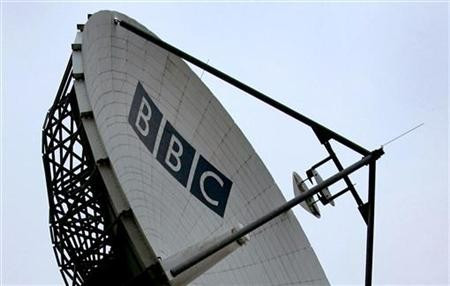Global Warming: BBC Too Patient With Lord Monckton-Esque Climate Change Deniers

An independent review of the BBC's science coverage has indicated that the news agency gives far too much credence to fringe views that border on opinion rather than fact.
The independent review lead by professor Steve Jones entitled "BBC Trust - Review of impartiality and accuracy of the BBC's coverage of science", reported that while its coverage was generally "high quality and significant quantity", it could at points give too much time to marginal groups opinions.
The report summarised that it had, "concern[s] about the appropriate application of editorial guidelines on "due impartiality". Later clarifying that its attempts to remain completely unbiased were giving "free publicity to marginal opinions".
In full the review reported: "An at times "over-rigid" (as Professor Jones describes it) application of the Editorial Guidelines on impartiality in relation to science coverage, which fails to take into account what he regards as the "non-contentious" nature of some stories and the need to avoid giving "undue attention to marginal opinion."
Later citing the news agency's coverage on "the existence of man made climate change as examples on this point." Clarifying that the BBC "still gives space" to global warming sceptics "to make statements that are not supported by the facts".
Outside of the criticism, the review in general praised the BBC's science coverage, praising it as "a thriving and improving genre of programming which is well established across a wide range of BBC services."
The review also revealed an increase in the number of science-related reports. It reported that as many as one in four of the news agency's broadcast news items related to a scientific topic or issue.
© Copyright IBTimes 2025. All rights reserved.





















